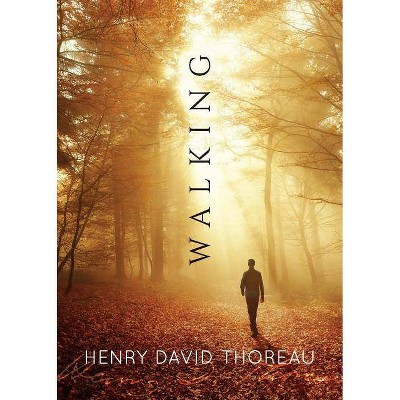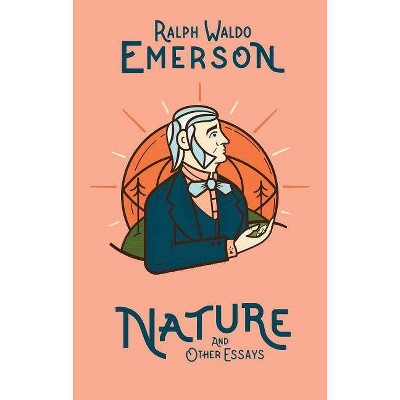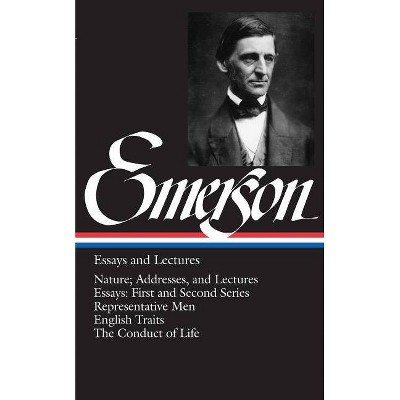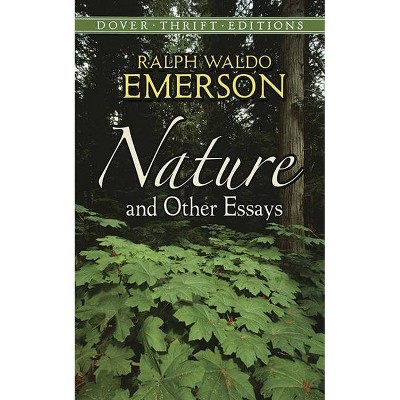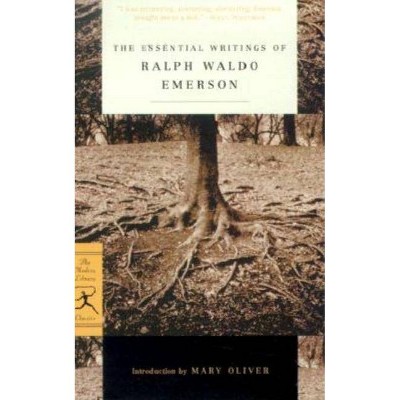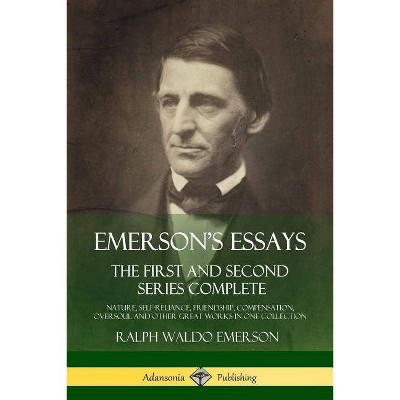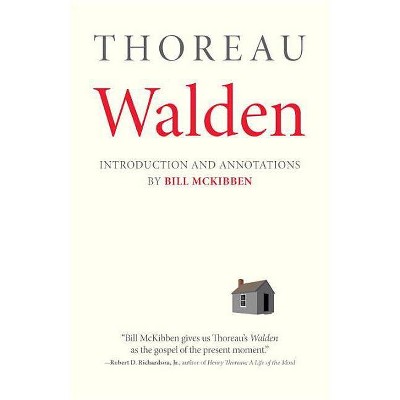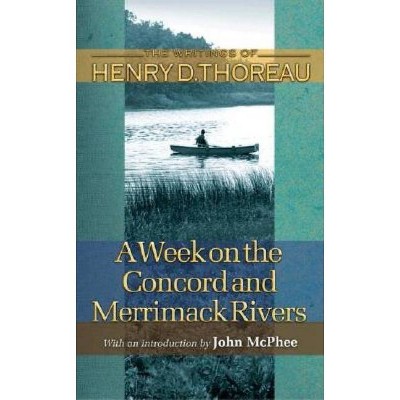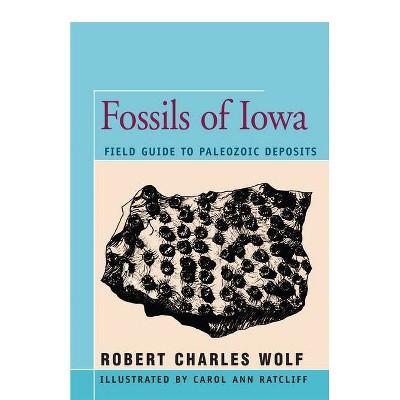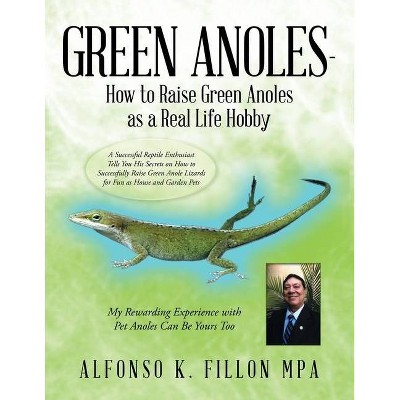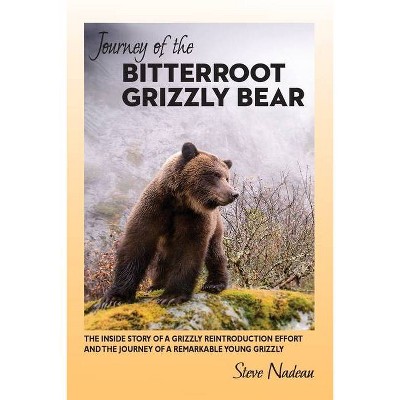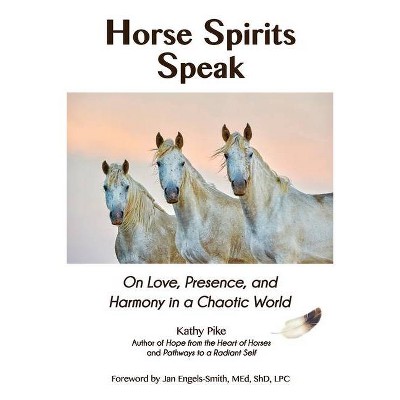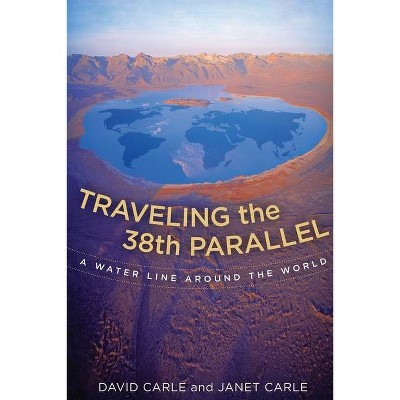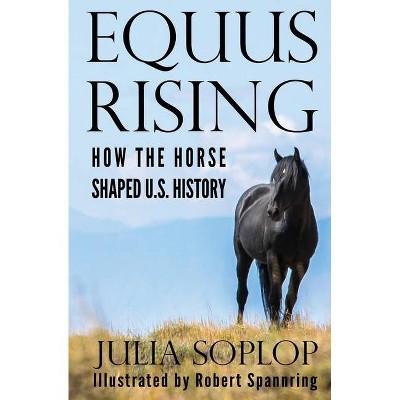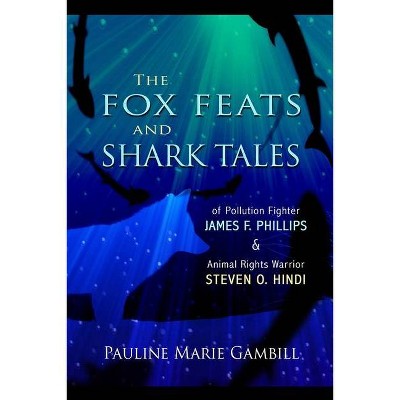Nature and Walking - (Concord Library) by Ralph Waldo Emerson & Henry David Thoreau (Paperback)
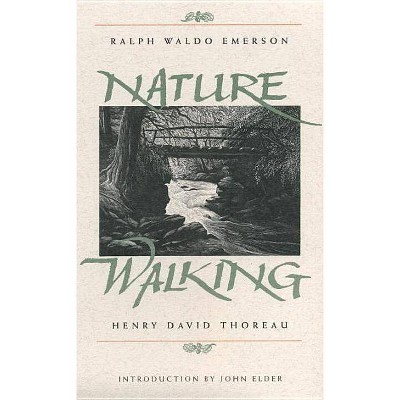
Similar Products
Products of same category from the store
AllProduct info
<p/><br></br><p><b> Book Synopsis </b></p></br></br>Together in one volume, Emerson's <i>Nature</i> and Thoreau's <i>Walking, </i> is writing that defines our distinctly American relationship to nature.<p/><br></br><p><b> From the Back Cover </b></p></br></br>Together in one volume, Ralph Waldo Emerson's Nature and Henry David Thoreau's Walking, writing that defines our distinctly American relationship to nature.<p/><br></br><p><b> About the Author </b></p></br></br><b>Ralph Waldo Emerson</b> (May 25, 1803 - April 27, 1882) was an American essayist, lecturer, and poet, who led the Transcendentalist movement of the mid-19th century. He was seen as a champion of individualism and a prescient critic of the countervailing pressures of society, and he disseminated his thoughts through dozens of published essays and more than 1,500 public lectures across the United States. Emerson gradually moved away from the religious and social beliefs of his contemporaries, formulating and expressing the philosophy of Transcendentalism in his 1836 essay, <i>Nature</i>. Following this ground-breaking work, he gave a speech entitled<i> The American Scholar</i> in 1837, which Oliver Wendell Holmes, Sr. considered to be America's Intellectual Declaration of Independence. Emerson wrote most of his important essays as lectures first, then revised them for print. (Courtesy of Wikipedia) <p/><b>Henry David Thoreau </b>(1817-1862) was a writer and philosopher as well as a naturalist. <i>Walden</i> is considered his masterpiece.
Price History
Price Archive shows prices from various stores, lets you see history and find the cheapest. There is no actual sale on the website. For all support, inquiry and suggestion messages communication@pricearchive.us

